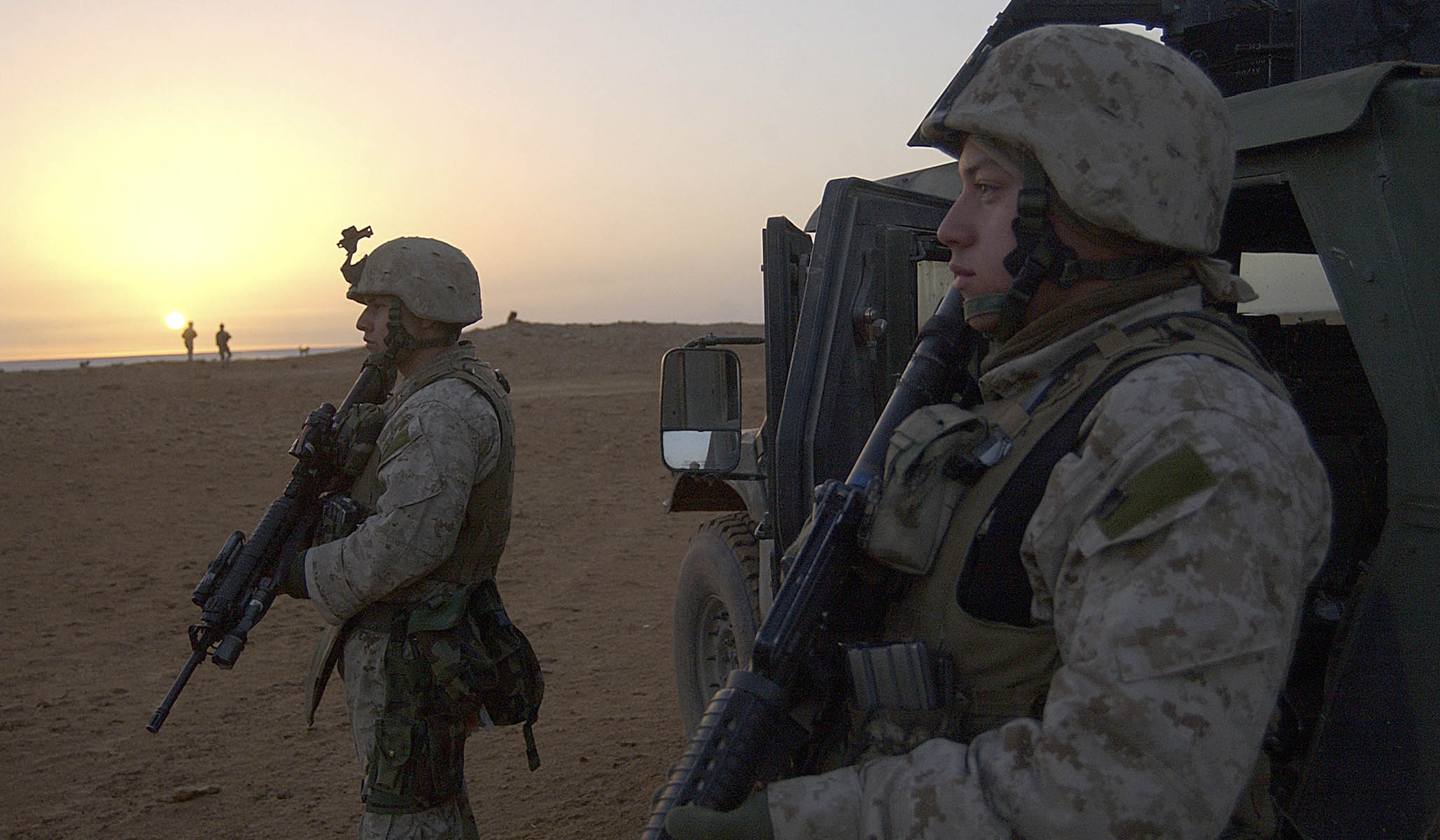BING WEST

Iraq is a corrupt, divisive, sectarian country of little consequence because al-Qaeda has been driven beyond its borders. The war was not worth its costs. Could it have been prosecuted at less cost? Yes. With a different outcome? Most likely, no. Let me cite four takeaways from the war that lead to this conclusion, based on my decade of embedding on the battlefields with dozens of our platoons.
First, in 2003, American battalions were in charge of dozens of Iraqi cities, Shiite and Sunni. Our commanders began to hold local elections, but that ground movement was stopped by Ambassador Paul Bremer, the president’s envoy. Had they continued, local elections would have strengthened local centers of power, mitigating the later emergence of national, divisive political parties. General Jim Mattis, then commanding the First Marine Division, was simultaneously moving to reorganize Iraqi army units and, under new leadership, spread them out as the local security elements. Instead, Bremer dissolved the Iraqi army, leaving U.S. forces as the de facto police.
Had Iraqi military units been revitalized as local security, U.S. officers would have selected or approved their leaders. As in South Korea from 1953 into the 1990s, stability would then have required substantial American control over the foreign military. The first takeaway, then, is that our military from the start was not permitted to restructure the Iraqi forces and have veto power in selecting whom to promote. The same was true regarding Iraq’s prime ministers, resulting in a succession of vengeful hacks. Granted, having veto power would almost have reflected the British model in India. But when our troops are dying, we should have a firm say in what sort of democracy will emerge. Instead, we tolerated the rise of sectarianism, another form of tyranny.
The second takeaway is that we needlessly extended a bloody war from 2004 through 2006. In 2004, General Mattis’s division was deployed in Anbar Province, the cauldron of the Sunni insurgency, which was gradually coming under the control of al-Qaeda in Iraq. Mattis wanted to restore the power of the tribes, characterizing the Marine presence as “soft as fog.” Instead, against his advice, the White House and Bremer ordered an assault against the city of Fallujah in retaliation for the lynching of four American contractors there. The arch-terrorist Abu Musab al-Zarqawi had established a lair in Fallujah and was assassinating the Sunni sheikhs who opposed him. Within a week, the Marines were halfway across the city when the appointed Iraqi governing council threatened to quit because of bad Al Jazeera–sponsored publicity. Bremer persuaded the White House to halt the assault, over Mattis’s objections. A month later, the Marines were pulled out of Fallujah altogether. This allowed al-Qaeda a major victory, an influx of recruits, and an outpouring of jihadists across northern Iraq. The Sunni tribes, as al-Qaeda’s enemy, were particularly attacked. Two years of bloody battles ensued before the tribes turned en masse against al-Qaeda. One week of total incoherence at the top of our civilian–military hierarchy set us back two years on the ground because of the failure of top-level leaders to grasp the basics of war-fighting. Once committed, finish the fight.
The third takeaway is that our abandonment of Iraq was disgraceful. By 2009, working with the Sunni tribes, U.S. forces had stabilized the country and al-Qaeda was on the run. Our diplomats, intelligence services, and military recommended that 10,000 to 20,000 American troops and advisers — no longer in active combat — remain. They were the powerful buffer between restive Sunni and Shiite factions, permitting democracy to gain a foothold. But President Bush failed to solidify any agreement to preserve long-term stability. Thus in 2011, ignoring unanimous professional recommendations, President Obama pulled out all our troops. An overbearing Shiite government then led to the resurgence of al-Qaeda in Iraq, renamed “ISIS” (Islamic State of Iraq and Syria). The Sunni tribes opposing ISIS were slaughtered, and Obama had to rush in advisers and firepower to fight for another ten years.
To summarize these three takeaways: First, our top leaders in 2003 tried to have our military do everything rather than shape an Iraqi security force to take over. Second, when the going got tough in 2004, our top leaders stopped Mattis and others from applying early force to prevent al-Qaeda from gaining momentum. This panicky, hasty reversal led to two years of constant skirmishing and casualties. President Bush overcentralized decisions, placing too much faith in discussions at the senior level, divorced from the grit of the ground battles. Third, then came Obama, who pulled out in 2011 only to rush troops back in when the Islamist terrorist scourge reappeared, with heavy, destructive battles from 2013 through 2017.
This leads to the fourth takeaway: Our war-fighting policy is inconsistent. Two decades ago, we as a nation — the president and Congress — chose to go to war in Iraq. President Bush’s goal was to lay firm foundations for a genuine, stable democracy. That objective was not backed by ample resources, a consistent operational plan, or a recognition that success would take decades, not four or eight years. Since then, the accreting power of the presidency has accentuated a posture toward our adversaries that’s not anchored by a self-confident, unified America. Our identification as a nation that believes in its own principles and worth has eroded. Today, any putative national pledge of resolve or persistence in deterring, waging, or supporting war is only as credible as the idiosyncrasies of the sitting president.
No comments:
Post a Comment